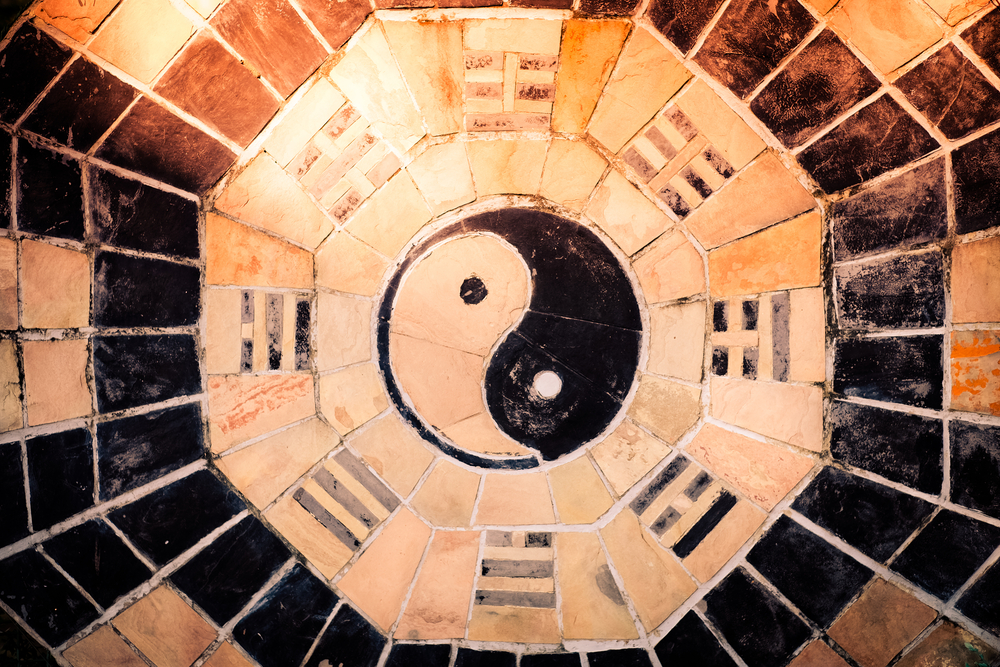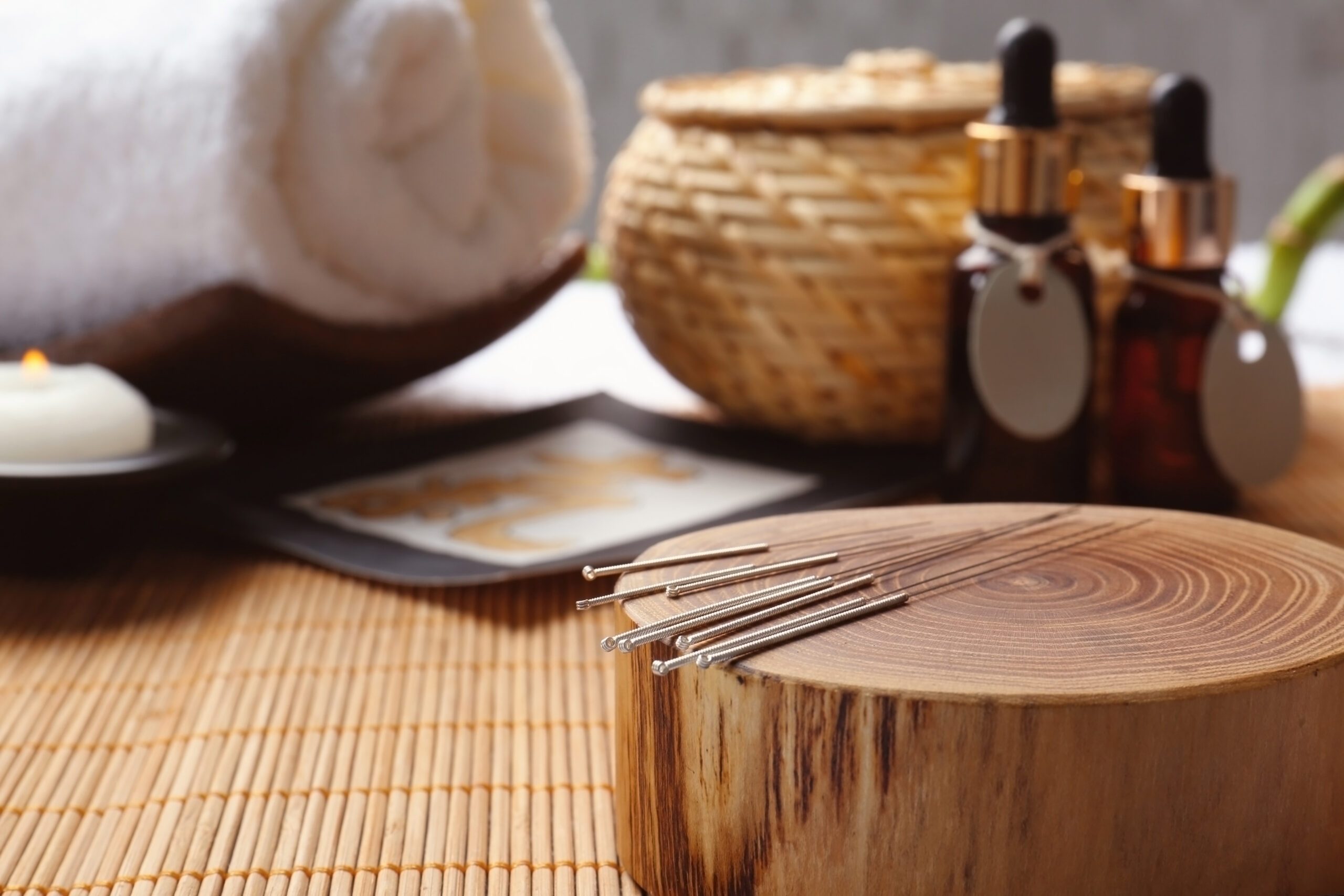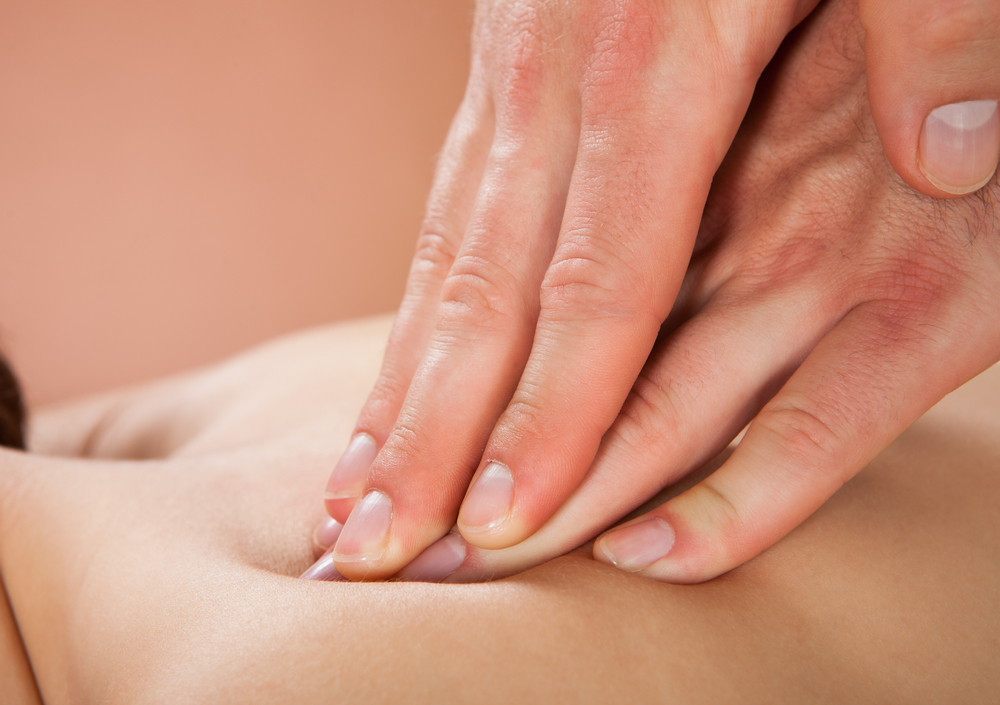
Understanding the Concept of Yin and Yang
Everyone is familiar with the symbol for Yin and Yang, but you may not be aware of what it actually represents. It’s more than just a funky looking circle that was popularized during the hippy movement. Yin and Yang is one of the most important concepts in Traditional Chinese Medicine, and it shapes our understanding of the world around us. Today, we’ll be exploring what Yin and Yang energies are, why they’re important to your health, and how to keep them in balance.
What is Traditional Chinese Medicine?
Traditional Chinese Medicine (TCM) is an ancient medical system that has evolved over thousands of years and is used to diagnose, treat, and prevent illness and disease. There are many branches of TCM, like acupuncture, tai chi, and herbal medicine. The foundational principle in TCM is that vital energy called Qi (pronounced “chee”) flows through our bodies. When Qi becomes imbalanced or stagnates, this causes us to become sick. Each branch of TCM employs techniques designed to restore balance and activate our bodies’ natural healing processes.
How does Traditional Chinese Medicine differ from western medicine?
The fundamental difference is in TCM’s holistic approach to medical treatment. Traditional Chinese Medicine treats all systems and organs in the body as being deeply interconnected. This interconnectedness is how modalities like acupuncture, which is non-invasive, treat conditions affecting deep tissue and internal organs. Further, TCM practitioners tailor their treatments to their patients’ individual needs, rather than rely on statistical models for how a condition should be treated. Put more simply, the goal is to restore you to good health rather than simply treat a collection of symptoms.
The principle of Yin and Yang
According to ancient Chinese philosophers, Yin and Yang are the result of the universe moving from chaos (Wu Ji) into order (Tai Ji), sometimes referred to as the great polarity. Yin and Yang are opposing yet complimentary forces. Together they make up Qi, which is our life energy. Every aspect of the physical world contains this duality. While both Yin and Yang are essential to life, they each have their own distinctive characteristics.
Yin energy
Yin represents grounded earth energy. It’s tied to the moon, the ocean, and the shade. Yin is receptive, introspective, and cool. The season most associated with this energy is winter. Although autumn is also strongly Yin.
Yin is associated with women as the 28-day menstrual cycle closely mirrors the lunar cycle. Other themes associated with Yin include contemplation, calm, softness, contraction, stillness, and quiet.
Yang energy
Yang energy, as the opposite of Yin, represents sun energy. It is light, expansive, and active. The season most associated with Yang is summer. Although, the spring also has an abundance of Yang. Yang is associated with men as they live on the 24-hour cycle with the sun as their hormones cycle daily. The themes associated with Yang include action, growth, expansion, heat, and movement.
Why is balancing Yin and Yang important to your health?
As previously mentioned, Yin and Yang are present in every aspect of the physical universe. That includes the human body. According to TCM, our organs function in Yin and Yang pairs. Yin organs produce, transform, and store vital substances like Qi, blood, and other bodily fluids. Yang organs are responsible for digesting food and transmitting nutrients throughout our bodies. They also usually have an empty cavity.

Signs of Yin and Yang imbalance
Being mindful of what’s going on with your body is the first step in being proactive about your health. Yin and Yang imbalance doesn’t happen like the flip of a switch. It’s more likely to creep up on you. Knowing what symptoms to look out for and what they could indicate will tell you when you need to see your acupuncturist for treatment. Symptoms will never crop up for no reason, so it’s important to keep track of them.
Yin imbalance
There are two types of Yin imbalance: excess or deficiency. Each type will have its distinctive causes and symptoms. Excess Yin is caused by cold and damp infiltrating the body. You can be especially vulnerable to excess Yin if you experience deficiency of Yang. Symptoms include pallor of the face and skin, feeling cold all the time, weak voice, fatigue, stiffness, listlessness, shivering, and lethargy.
Yin deficiency is caused by overworking and depleting your deep energy reserves. In more common parlance, this might be described as burnout, and it occurs when you aren’t doing enough restive activities that recharge your batteries. Symptoms of Yin deficiency include insomnia; night sweats; dry skin, nails, and hair; persistent thirst; scanty periods; and hot flashes.
Yang imbalance
As with Yin, it is possible to have too much or too little Yang. Excess Yang is caused by too much heat. This can be the result of hot weather, the wrong diet, or not processing emotions like anger. Symptoms of excess Yang include restlessness, excess thirst, dark and infrequent urination, fever, sweating, constipation, and fast pulse.
Deficiency of Yang can present similarly to excess Yin. It’s caused by overworking, over-indulging in cold foods, or chronic stress and anxiety. These things can cause heat to be depleted in your body. Symptoms of Yang deficiency include cold hands and feet, fatigue or low energy, low back pain or soreness, poor digestion, low libido, and poor circulation.
How to maintain Yin and Yang balance
Finding and maintaining balance is key to good health and wellness, but that’s easier said than done. And while acupuncture is effective at treating imbalances, the best remedy is to be proactive in preventing them from happening in the first place. You’ll want to prioritize both Yin and Yang activities in your day to day. This means exercising, but not at the expense of your downtime, and making sure you rest and take breaks. Meditating or practicing mindfulness are great ways to carve out time in your day to rest.
It’s also important to eat for the seasons, and to eat simply. That’s because overly restrictive diets are stressful to maintain in the long run and can have you eating foods that are not appropriate for every season. If you are experiencing imbalance, your acupuncturist will likely recommend foods and herbs to eat to support better balance.
Lastly, focus on developing good sleep hygiene. This means avoiding eating or exerting yourself late at night and creating a calm, soothing space for you to wind down. If your schedule allows for it, try going to bed and waking up at around the same time every day. Ensuring that you get enough good-quality sleep is invaluable to your mental and physical wellbeing.
For more guidance on maintaining Yin and Yang balance that is tailored to your specific needs, book an appointment with Maisy today!



